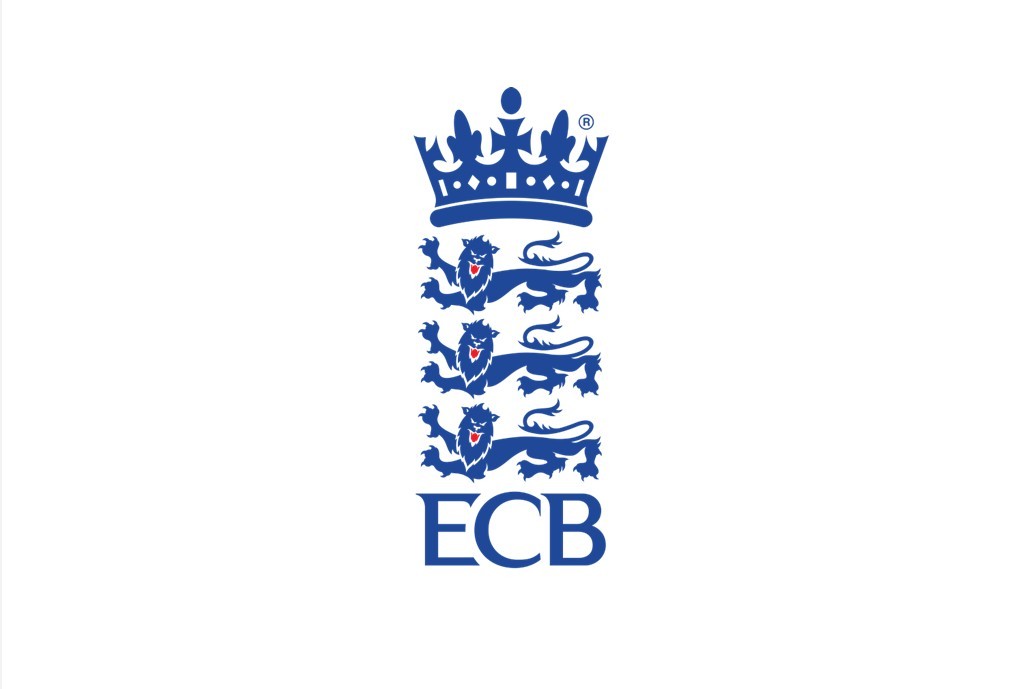Fri, October 18, 2024
England and Wales Cricket Board (ECB) prohibits transgender women from competing in highest tiers

England and Wales Cricket Board has updated its transgender participation policy. In a statement, they announced that starting in 2025 they will be taking the same approach as the International Cricket Commission when determining who is allowed to play women’s professional domestic cricket. The ICC bases eligibility on whether an individual has undergone male puberty.
The ECB believes that this is the most practical decision as “a primary purpose of the top end of the domestic structure is to produce international players.” The updated policy “will apply to Tiers 1 and 2 of the new women’s domestic structure, as well as The Hundred Women’s Competition.”
However, the ECB says that it wants to promote inclusivity, and that “recreational cricket and Tier 3 which comprises national counties” will not be impacted by the policy, and players will continue to be “accepted in the gender they identify as.” This will be monitored by a “Disparity Policy” which allows “clubs and leagues to address the disparity between players participating in a match, irrespective of gender.”
The ECB says that they considered “relevant science and medical evidence” as well as “fairness, safety and inclusion” when making the decision, and say that they spent “considerable time” doing so. Transgender athletes have also been banned from elite swimming, cycling, athletics, Rugby League and Rugby Union.”
The ECB recognises that this may cause some controversy but says that “it is impossible to balance all the considerations.” Law professor, Dr Seema Patel, for instance argues: “it is important to set regulatory boundaries but these need to be considered alongside a shifting environment where gender diversity is embedded within our society and identity is evolving.”
ECB’s current policy allows anyone who identifies as female to compete at professional level if they have written clearance.



